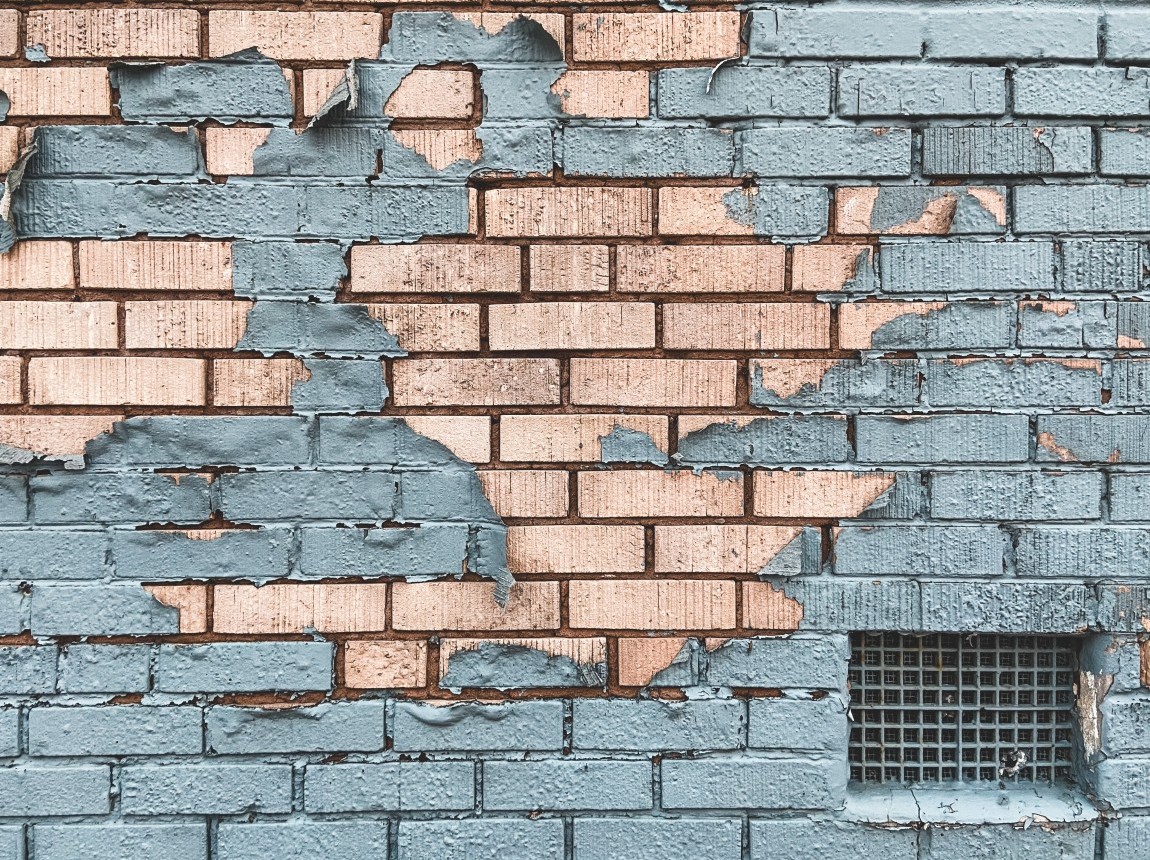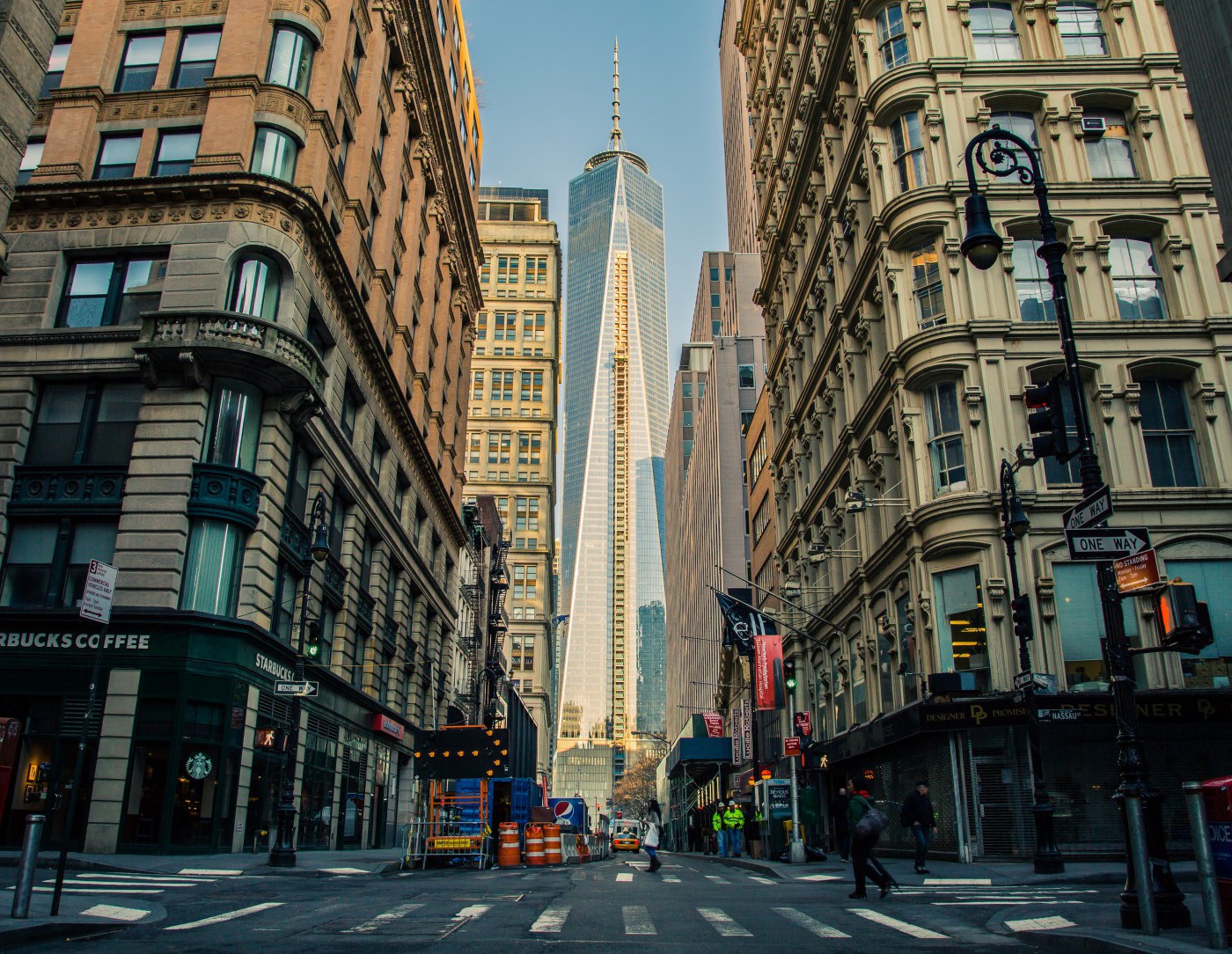Related

Feb 25,2020
Kirshner and 'Broke' Featured on BBC World

Event
/ Oct 09,2014
Daniel Smith: Can Cities be Economically Resilient
Brown Bag Discussion Series
more on:
public finance
A recent story in The New York Times describes the increasing number of New York City businesses, particulary restaurants, that refuse to accept cash as a form of payment. While avoiding the costs of dealing with cash makes sense for a growing number of businesses, the policy can leave cash-wielding customers perplexed. Marron's Clay Gillette spoke with the Times about the legality of refusing to accept cash:
Critics have noted that the practice also excludes the unbanked, though, at least so far, the places going cashless are sufficiently expensive ($3 for a coffee, $8 and up for lunch) that the prices alone will turn off most people who lack a bank account.
But wait, how is this even allowed? Doesn’t the dollar bill say it’s “legal tender for all debts, public and private”? The Federal Reserve’s website says that notwithstanding that language, there is no federal law compelling a business “to accept currency or coins as payment for goods or services.”
Asked why the $8.71 a customer owes for that Turmeric Sweet Potato Hummus Toast she just ordered is not considered a debt, the Federal Reserve offered a partial explanation, but it begins with the words “for purposes of illustration, and not for attribution to the Fed,” so we cannot share the rest. But a professor at the New York University School of Law who teaches contract and commercial law, Clayton Gillette, laid it out.
First of all, he said, you do not have a debt until after you receive a good or a service. What about at a sit-down restaurant, where you pay after you eat? “Assuming the restaurant lets you know up front that they don’t take cash, they’re offering to serve you a meal, but they are offering it on their terms,” Professor Gillette said. “If you consume the meal, you’ve accepted the terms of the contract.”
Please fill out the information below to receive our e-newsletter(s).
*Indicates required.